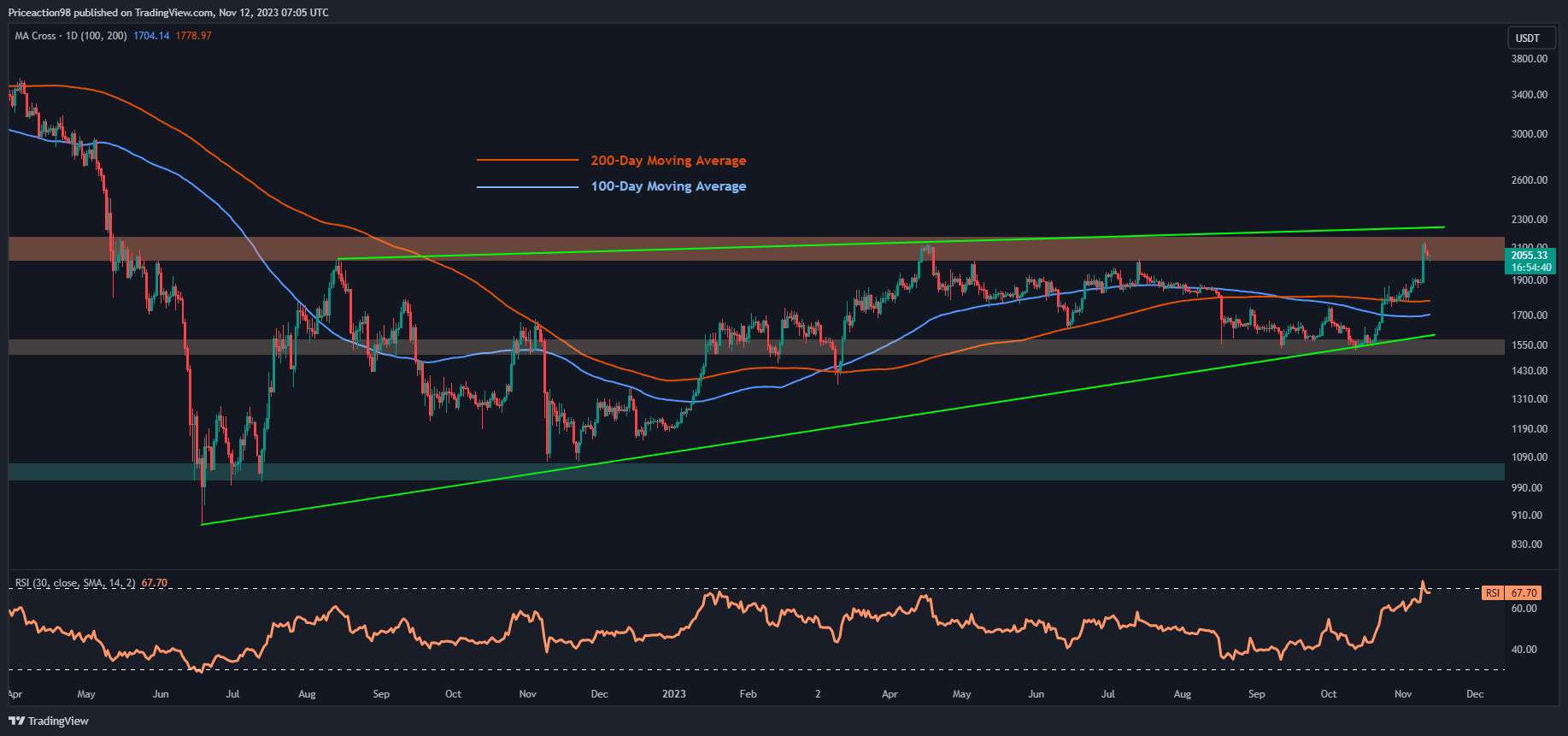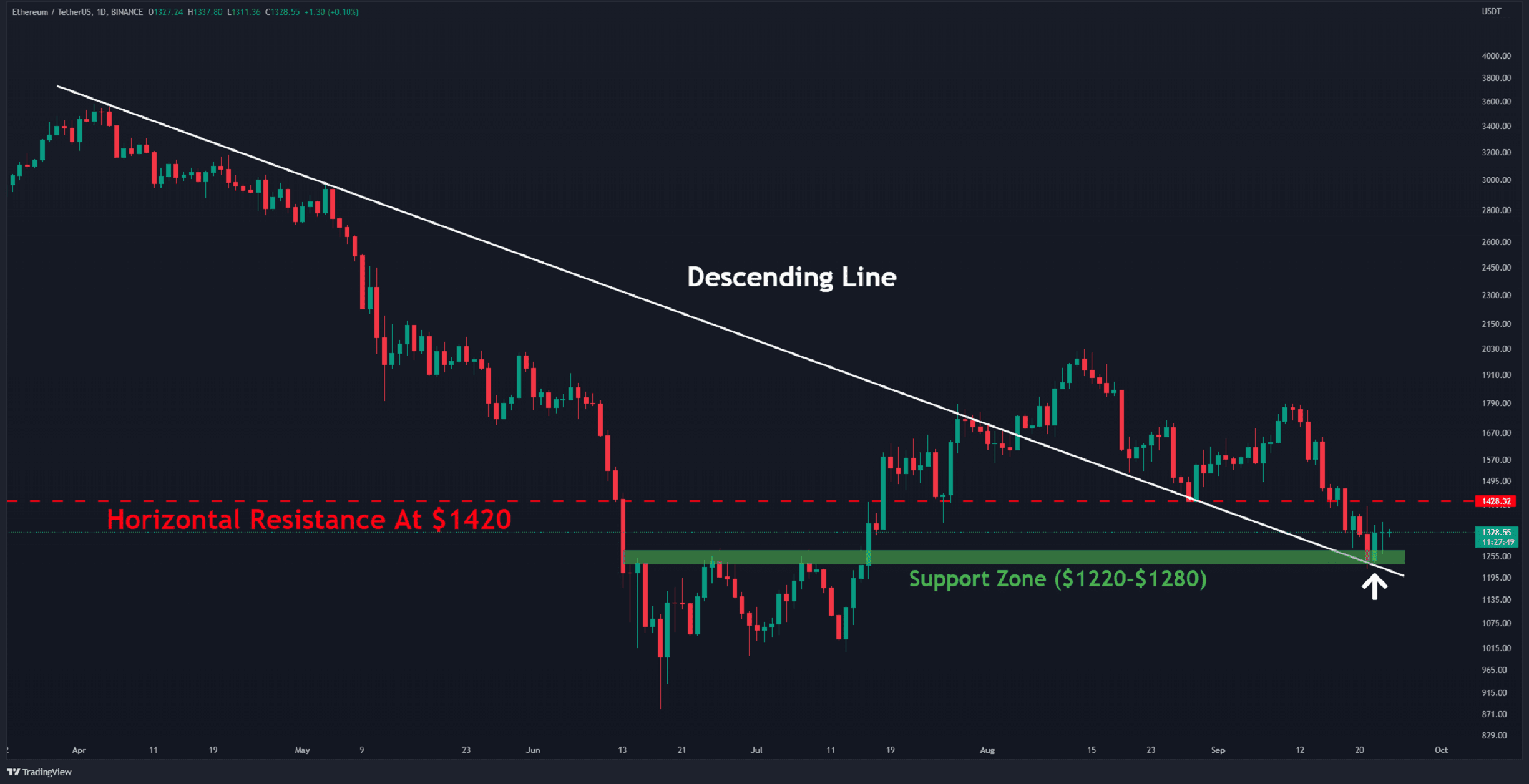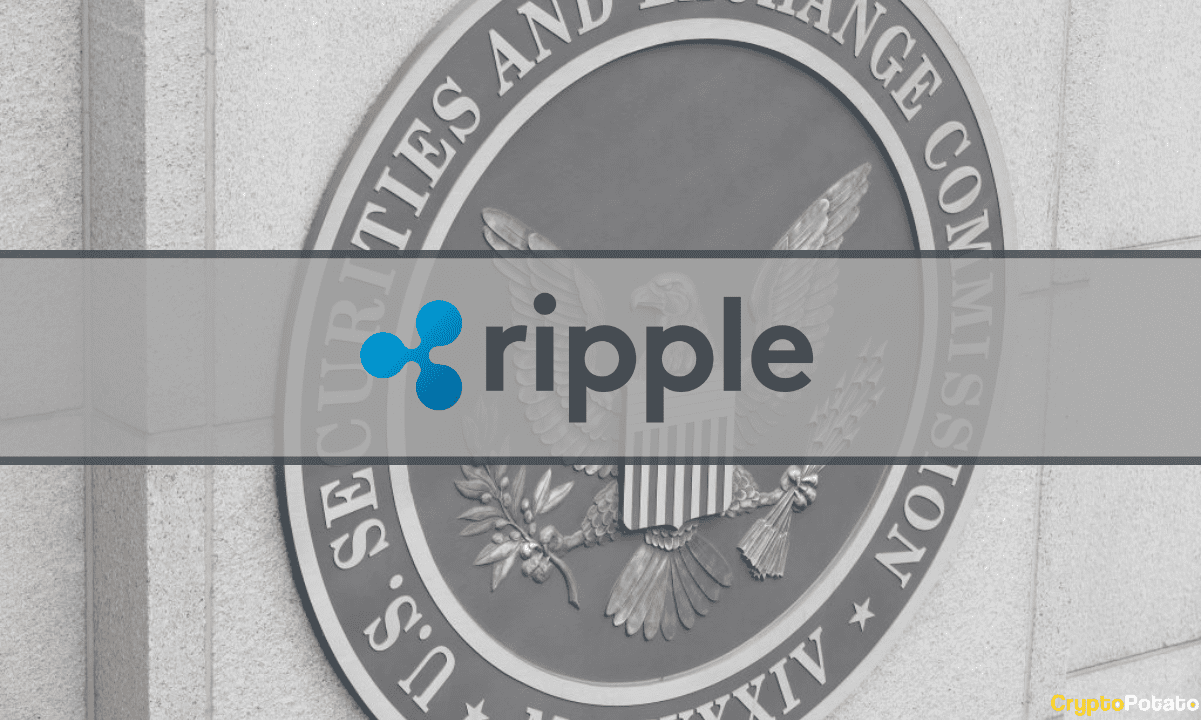India’s Central Bank Reiterates Negative Views on Cryptocurrencies: Report
The Reserve Bank of India (RBI) toughened up its stance against cryptocurrencies, citing the rising asset class as a threat to its sovereign interest and a negative impact on the banking system.
The news came on the heels of Coinbase CEO Brian Armstrong blaming India’s central bank for denying the Unified Payments Interface (UPI) services that led to the trading services being halted days after its launch last month.
A Threat to Sovereign Interest
According to a recent report by The Economic Times, the RBI expressed “comprehensions” toward cryptocurrencies when briefing the Parliamentary Standing Committee on Finance. As indicated by a source close to the matter, the main concern was crypto’s potential to replace the rupee in cross-border and domestic transactions and lessen the bank’s capability to “regulate the flow of money in the system.”
Top officials of RBI also said to parliament members that cryptocurrencies – mostly dollar-denominated and issued by foreign private entities – may give rise to dollarizing a part of its domestic economy, thus damaging its “sovereign interest.” An Official stated:
“It will seriously undermine the RBI’s capacity to determine monetary policy and regulate the monetary system of the country.”
The other primary concern centered on the financial attractiveness derived from digital assets. As crypto investments keep drawing interest from Indian citizens, the bank worried that domestic banks might have less lending capital.
As there is no such an official figure available on the size of India’s crypto market, the report noted that the country has an estimated total of 15 million to 20 million crypto investors, whose holdings have reached approximately $5.34 billion.
Crypto Remains in Shadow
The Indian authority has been known for its unfriendly attitude towards the crypto industry. Last week, Coinbase CEO Brian Armstrong directed his criticism to the central bank, explaining that “some informal pressure from the Reserve Bank of India” had led to the suspension of the company’s services in the nation.
The CEO added that the instant retail payments services UPI was denied by the RBI-controlled NPCI last month.
Earlier, one of India’s top watchdogs – the Securities and Exchange Board of India (SEBI) – advised prominent public figures not to promote anything related to the digital asset industry. It warned that they might be held responsible for making endorsements that prove to violate relevant laws.
Featured Image Courtesy of DW









